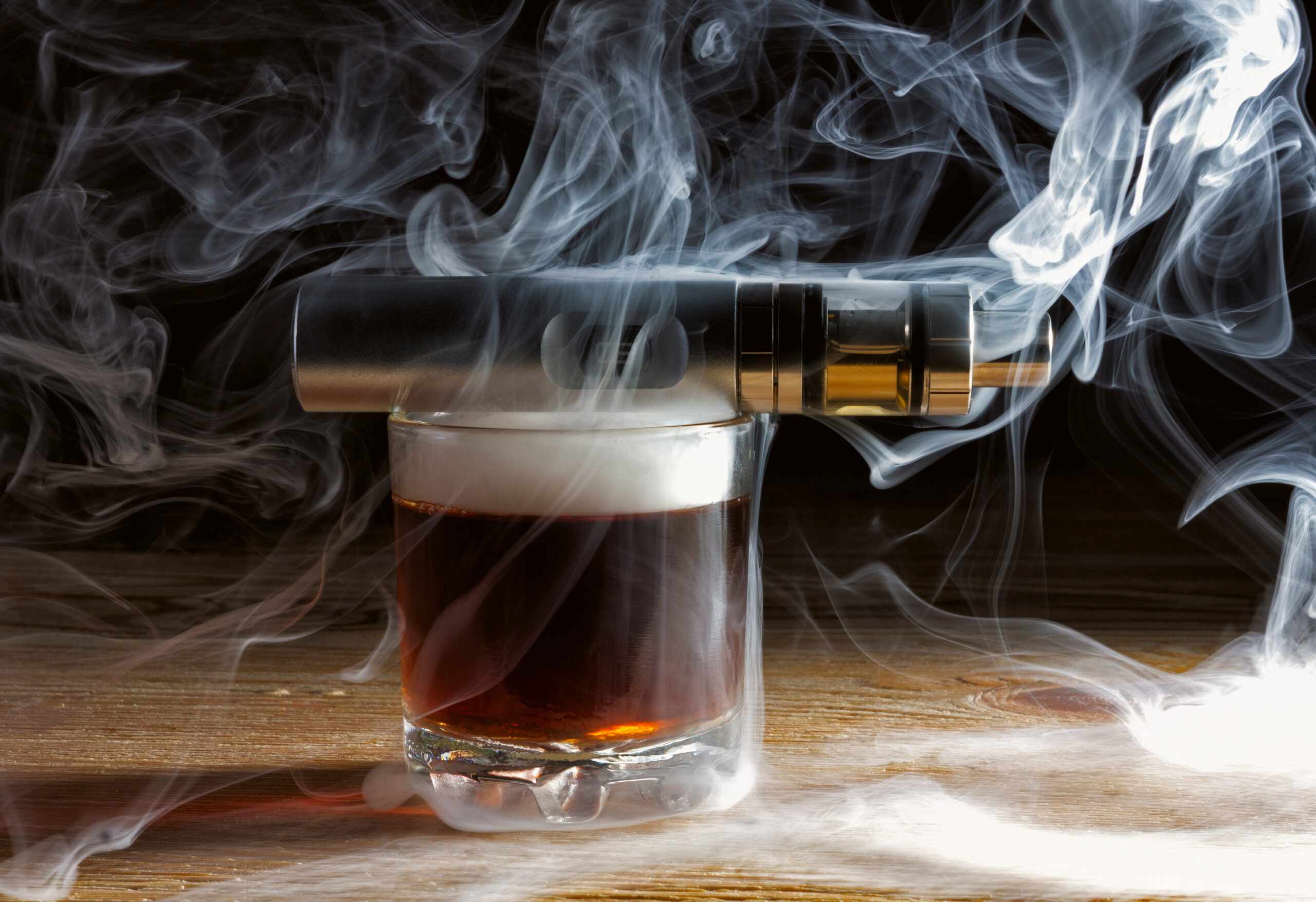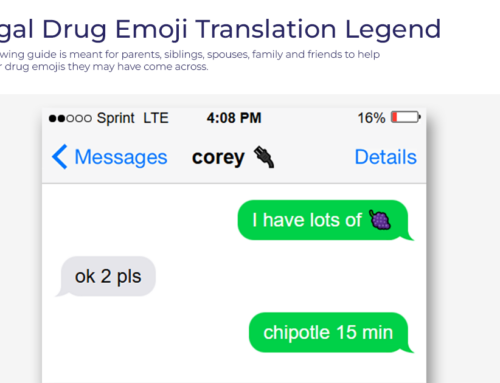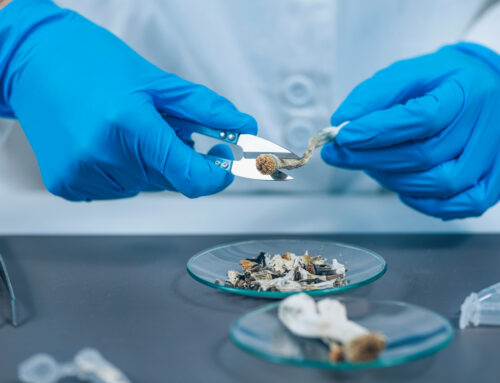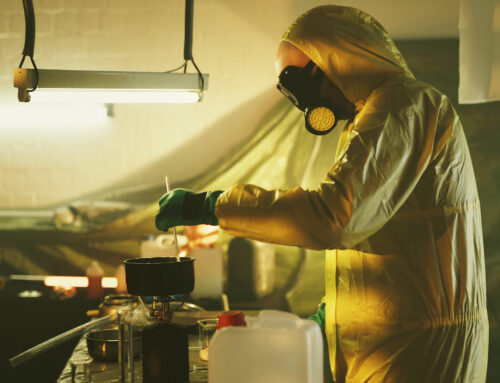America is a land of excess. We’re the country that always wants MORE. Give it to us now, bigger, better and faster. While that makes us the cool kid on the block in many ways, it also sadly means we are one of the most addicted countries on the planet. More U.S. citizens go to an addiction treatment center every year than in any other country.
What are the things that Americans are most addicted to, though?
This Achieve Wellness and Recovery article looks at the top 8 addictions in America.
The 8 Most Common Addictions in the U.S.
You won’t be surprised to find alcohol and drugs on this list. After all, the U.S. has more addiction treatment centers than any other country. But it might surprise you to see a couple of process addictions on the list, too. Process addiction involves a compulsion to engage in a rewarding behavior, not involving substances, even when it leads to negative consequences. Process addictions include gambling addiction, video game addiction, sex addiction, food addiction, and shopping addiction.
With that, here are America’s top 8 addictions:
#1 Alcohol Addiction
America has had a troubled relationship with alcohol for a long time. Problem drinking got bad enough for us to amend The Constitution in 1920 to make drinking alcohol illegal. Though prohibition ended in 1933, most of the beds in most of America’s alcohol rehabs were rarely empty then, and they certainly aren’t now. The COVID-19 pandemic also brought with it a resurgence in alcohol consumption and alcohol use disorders (AUD).
Around 52.8% of U.S. adults aged 18 and older say they drink alcohol regularly. About 10% of adults have had an alcohol use disorder within the last year. That breaks down to about 12.1% of males and 8.3% of females. Alcohol has become slightly less popular than it used to be, while other substances like cannabis are on the rise, but hooch remains the #1 addiction in America as of 2034.
#2 Nicotine Addiction
If you were born in the 1970s or before, then you remember the world when smoking cigarettes was extremely common. People were allowed to smoke in offices, train stations, restaurants, and even airplanes. Thankfully, nicotine addiction in America has subsided a bit since those days, but vaping has become a whole new vehicle to fuel nicotine addiction.
Public health officials are especially concerned about people under 18 vaping and becoming nicotine-dependent before adulthood. Not only could this affect their growth and development, but the younger you are when you become addicted to a substance, the more likely you are to struggle with it in adulthood.
#3 Marijuana Addiction
Now, we know what some of you are saying. Marijuana…addiction? Yes. Marijuana is addictive. Just because suddenly stopping the use of products containing THC doesn’t lead to severe physical withdrawal symptoms like opioids and benzodiazepines do, that doesn’t mean it isn’t addictive.
With marijuana, the dependence is more psychological than physical, but make no mistake. If you are a regular cannabis smoker and you suddenly quit cold turkey, you’re gonna feel it. If you’ve done it, you know we’re right. Irritability, insomnia, cravings, and depression are some of the symptoms people report. Marijuana addiction is a legitimate problem,m and it can require addiction treatment to overcome.
#4 Opioid Addiction
No one will be surprised to see opioid addiction make this list. America’s opioid epidemic is national news. We went from the scourge of pill mills pushing OxyContin right into a resurgence of heroin and then fentanyl. As of today, we’re living in America, where everyone from cab drivers to restaurant owners is keeping NARCAN on hand. That’s a beautiful thing in that it very well may save a life, but it’s also a tragic sign of the times.
It’s not all doom and gloom, though. The problem of opioid addiction is getting a great deal of attention. We shut down the pill mills and the pipeline of pharmaceutical narcotics like OxyContin and Vicodin for recreational use. With nearly 100,000 opioid overdose deaths annually, though, there’s more to be done. From IOP addiction treatment to MAT harm reduction programs, if you’re addicted to opiates, there are more options for help than ever.
#5 Cocaine Addiction
Cocaine addiction in America first appeared on the map in a big way in the 1970s and 80s. Sure, cocaine was around and present in so-called medicines in the 19th century, but we didn’t see people addicted to cocaine on a wide scale until the disco era.
The disco coke era of the 80s soon gave way to yuppies on Wall Street snorting powder and the crack cocaine epidemic that tore America’s inner cities apart in the 80s and 90s. Cocaine addiction remains a big problem, even though it often seems to get pushed out of the spotlight by newer, trendier drugs like pink cocaine.
#6 Methamphetamine Addiction
Crystal meth addiction has been quietly devasting America’s rural communities for decades. While meth can be found from city to farm and anywhere in between, it’s usually the rural areas that suffer the most from this toxic stimulant concoction.
Authorities managed to finally reduce the local production of the low-grade crystal meth known as crank by putting strong controls on sales of certain antihistamines, but that hasn’t stopped meth from being an issue. Cartels still deal in the precursor chemical to make meth and in finished crystal meth itself.
#7 Gambling Addiction
Gambling addiction is one of those so-called process addictions we mentioned in our intro. As gambling has become more accessible in high-dollar Indian reservation casinos and casino boats throughout the U.S., gambling addiction has grown.
Online sports betting and gambling platforms introduced a whole new avenue for this vice to develop in. Luckily, gambling addiction can be treated in a mental health and addiction treatment center in NJ. You can recover from a process addiction if you have the willingness to do what it takes.
#8 Internet and Gaming Addiction
Perhaps one of the least understood but fastest growing addictions is internet and gaming addiction. Most people born after 1990 or so have had easy access to a computer or other device they can play games on since childhood.
Remember earlier, where we mentioned how addictions become more strongly rooted the earlier they begin? That applies here as well. NJ addiction treatment centers are working on ways to approach this unique problem and lobbying health insurance companies to cover treatment. Unfortunately, we think this problem will get worse before it gets better.
Achieve Wellness & Recovery is for Everyone
It’s been said that recovery is for the people who want it, not those who need it. What that old saying really means is that anyone can recover from addiction if they are willing to do what’s required. Remember, willingness is not the same thing as willpower. Willpower cannot overcome addiction, but willingness to work a program of recovery absolutely can.
If you’re unsure whether you or a loved one is ready for drug and alcohol rehab, don’t hesitate to reach out anyway. We’re here to provide answers about addiction and guide you toward recovery, but only you can take that first step by making the call.
Reach Achieve Wellness & Recovery at: (833) 680-0142
Click here to learn how our New Jersey drug rehab can work with your insurance.








